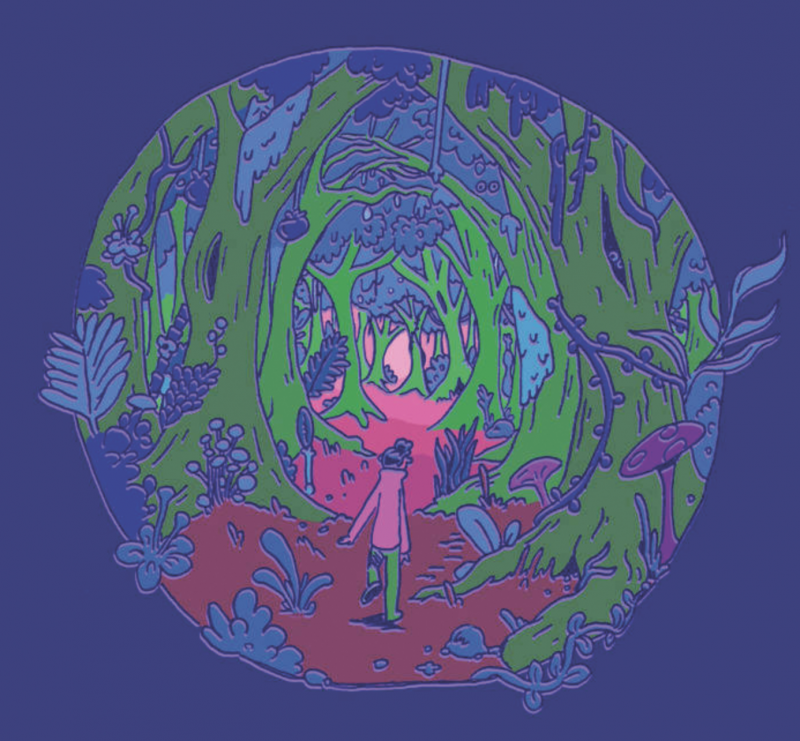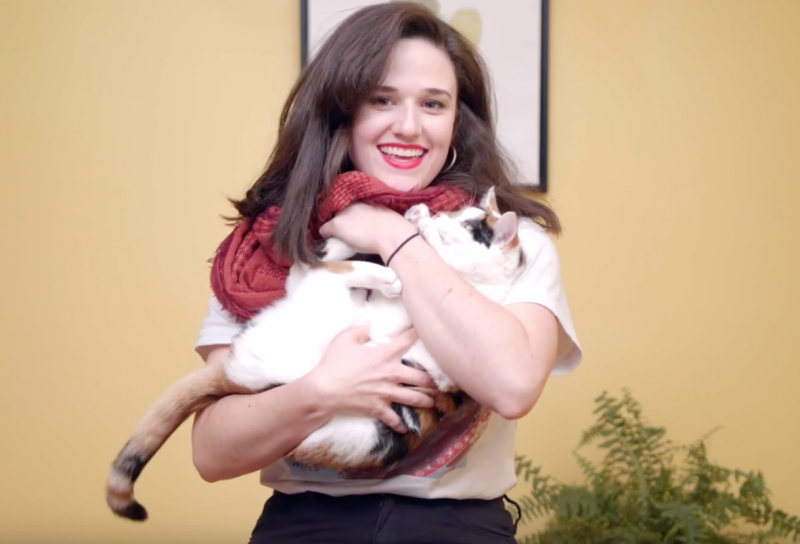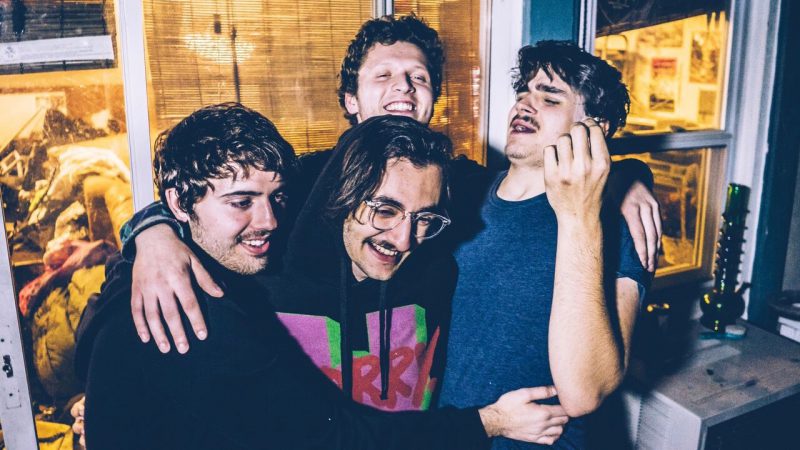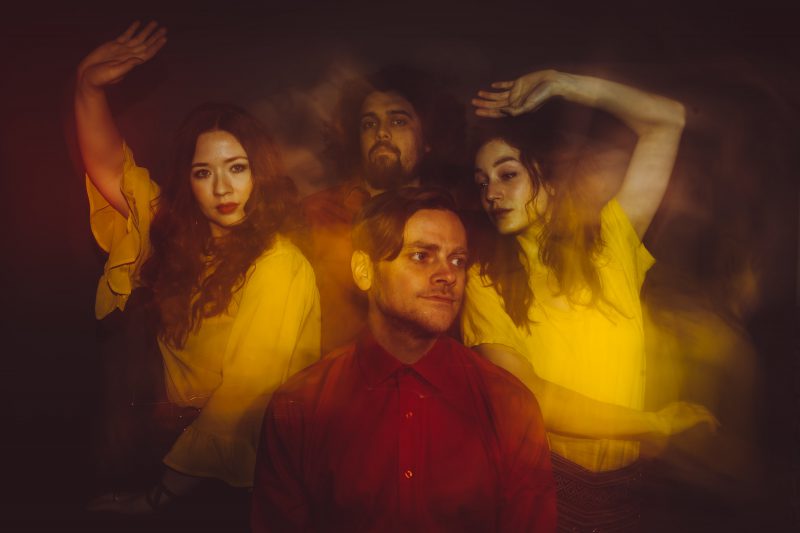If you attended DIY shows in upstate New York during 2014-2016, or were paying attention to the output of the now-inactive Miscreant Records—which had a hand in introducing artists such as Adult Mom, Vagabon, T-Rextasy and PWR BTTM to the world—then you probably knew Comfy. The garage-rock project of Utica native Connor Benincasa had become a mainstay within the region’s collective basement scene, frequently gigging in Albany, Rochester, Buffalo and Brooklyn, and building somewhat of a reputation for their kooky, fun, unusually tight sets.
With one full-length (2014’s Pillowhugger) and a promising split EP with Rochester’s Skirts (members of which would go on to form Full Body and Total Yuppies) under their belt, Benincasa and the “rotating cast of characters” who performed with him seemed poised for a breakout move. Behind the scenes, however, things were a lot more complicated, and in June 2016, Benincasa decided to put Comfy on hiatus.
“What probably a lot of people don’t know is that there’s a lost Comfy album that is the reason why it took so long for this album to come out,” he said over the phone last week, a few days after the self-release of his long-awaited sophomore full-length Thanks for the Ride.
Benincasa began recording Pillowhugger’s follow-up in November 2015 at a local Utica studio that agreed to offer their services for free as long as they were able to use the record as self-promotion. In what became a lengthy and frustrating series of delays, the album ultimately wasn’t going to be completed until fall 2016, and given their clause to handle production, Benincasa didn’t feel confident that the final product would meet his expectations.
“Basically, without getting into too much detail, I got very overwhelmed and stressed out, and felt a lot of pressure that may or may not have actually been there,” he said. “It occured to me since the first time that I started the band that I wanted to take a little break from this—which I had never thought would happen.”
With no live band, no new album and a recent breakup to boot, Benincasa decided to leave his hometown and move to Philadelphia, a decision he’d long considered. It was during this transition from Utica to Philly that he started writing Thanks for the Ride, which would become the first Comfy release he’d play every instrument on.
“There’s no resentment, but I felt like I was sick of relying on other people to make my music happen, and I wanted to take control and be responsible for what happened with my music,” he said.
Deceivingly, Thanks for the Ride is the most cohesive, diverse, and full-sounding Comfy project to date. In nine songs packaged into a slim 30 minutes, Benincasa explores bossa nova-style bops, Beach Boys-indebted power-pop, Built to Spill-esque sonic muralism, and further enhances the crunchy garage-rock of his previous releases. The production job by Evan Marre (Russel the Leaf) scrubs away the callous textures of Pillowhugger, but the danciness of a song like “Ketchup,” and the smattering of virtuosic guitar solos, capture the celebratory spirit of rock and roll that emanates during their live shows.
Citing They Might Be Giants, The Beatles, Harry Nilsson and Queen as his biggest musical inspirations, Benincasa’s classic-minded headspace is easy to hear on Thanks for the Ride, drawing from the organic character of rock’s yore but with the intimacy of its current iteration.
“I guess I don’t really listen to all that much new indie music or DIY music,” he said. “What I gravitate toward the most is music that really has a good melody, and above all a catchy melody.”
Following a thematic cornerstone of rock music, Thanks for the Ride is a transitional record about moving to a big city and starting anew. Transitional both figuratively and literally, as it was legitimately recorded half in Utica and half in Philly. But even though it’s about picking up and leaving, it’s not about leaving the past behind.
“I’ve had people ask or comment that Thanks for the Ride sounds like the name of the last album. It sounds like it’s done,” he said. “It’s not like that. It’s like, thank you for everything you’ve done for me, but I’ve got it from here. When you get out of the car and say, ‘thanks for the ride,’ it’s not like you’re never going to see that person again.”






Trackbacks/Pingbacks